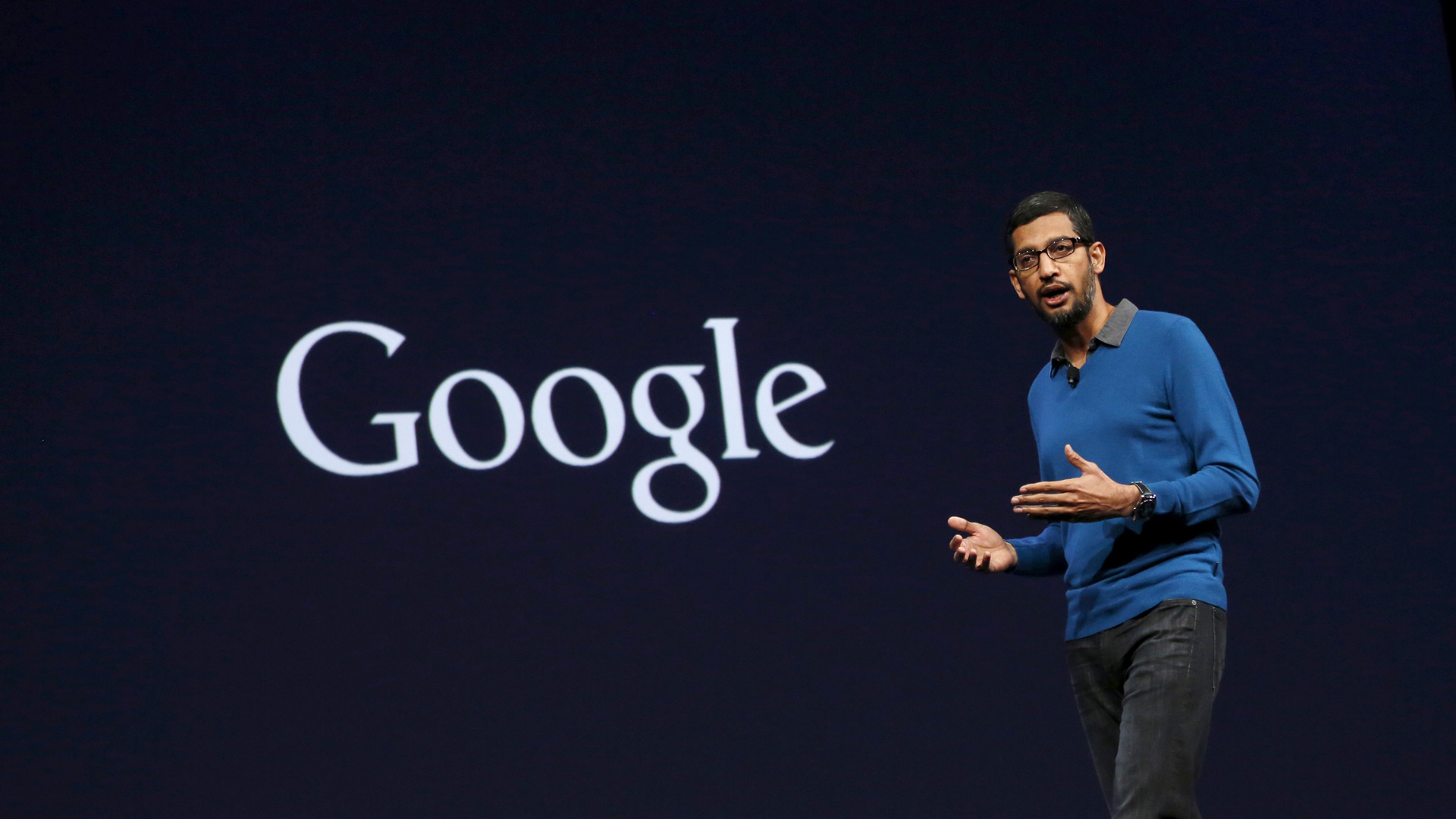The main reasons for the claim of the European Commission to Google, but not Apple

Recently, the European Commission announced claims against Google , which violates the antitrust agreement in the territory of the European Union. The charges are directed not only to Google, but also Alphabet - which now includes the Internet giant. At the heart of these allegations are several problems associated with the monopoly on the search engine market, as well as mobile platforms.
Initially, Google does not allow mobile device manufacturers to install modified versions of Android on their own devices. At the same time, the European Commission assumes that Google is paying mobile vendors to pre-install Google Search and Chrome mobile applications, which greatly complicates the competition for new players in the market.
')
This precedent is especially important, as Google insists on the “openness” of Android on the market, but in reality the ecosystem is closed and inaccessible for modification by mobile vendors. But why did the European Commission filed a lawsuit directly against Google, and not Apple, which generally does not give permission to preinstall any applications.
Initially, the European Commission launched a case against Google in 2010, when the company was suspected of unfair competition in the search engine market. It was a matter of priority to Google’s own search results in the search results, and this practically excluded any possible competition.
In April 2015, the European Commission finally announced an official lawsuit against Google, in which the charges were limited only to search results of stores in Google. But then it became clear that the representatives of the European Commission will not limit themselves to this and will continue to develop the case of monopolizing the search engines market.
In the case of Android, there is a similar situation - Google declares that the operating system for mobile devices is completely open, but still imposes strict restrictions. Moreover, publicly available code, despite the openness of the conference, often does not contain all the elements that may be required for application development.
And this directly affects the competition in the search engine market - the company forces mobile vendors to pre-install Google Play, as well as Chrome, in which they use their influence to recommend Chrome. All this leads to a situation where Google is in an advantageous position in the mobile market.
A similar precedent has already been the case with Windows on the European market in 2004. Then, the European Commission made Microsoft start to deliver the Windows operating system without Windows Media Player, which gave a competitive solution a chance for development in the local market. The situation with Google is almost completely identical, but when the European Commission started the trial, Nokia and Symbian were the market leaders, and now the search giant has almost completely monopolized the niche of mobile devices.
And in the case of Apple, the opposite situation is observed - iOS devices are manufactured only under the company's brand, in principle, preventing any competition between device manufacturers.
Source: https://habr.com/ru/post/300422/
All Articles